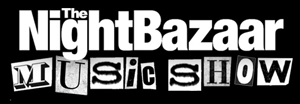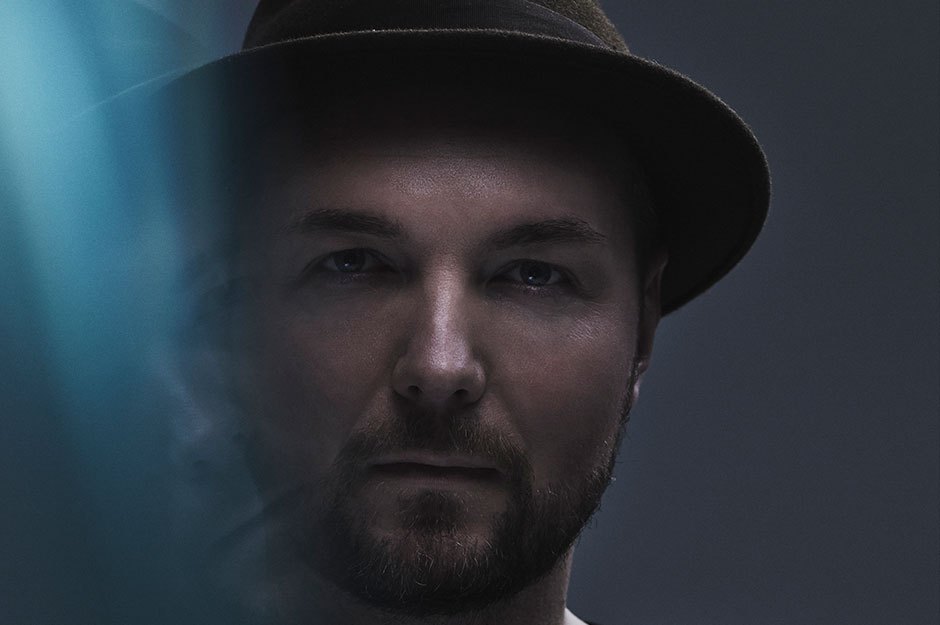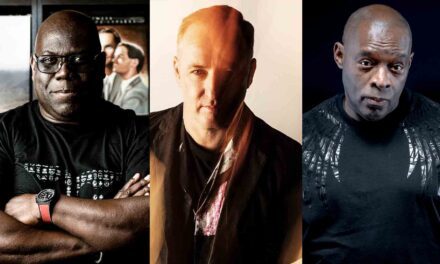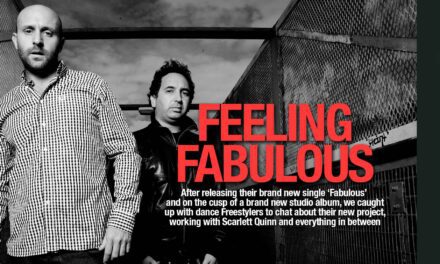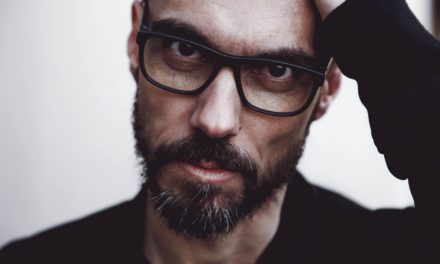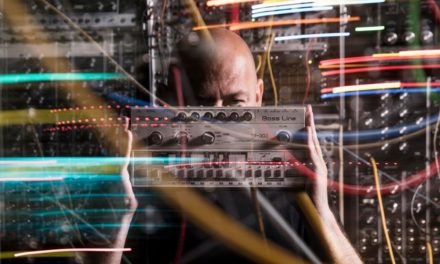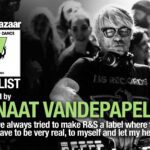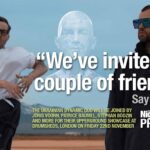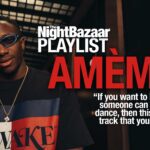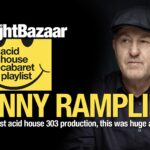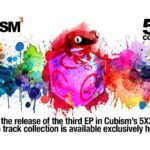HIS name may be fairly new to some but Kölsch has been producing under various guises for many years.
It’s his Kölsch moniker that has really turned heads for Rune Reilly Kölsch these past few years and with two incredible artist albums behind him and a slew of superb productions and remixes coming thick and fast, the most exciting years are certainly ahead.
We caught up with Kölsch to find out more about his career and what the future holds.
You’ve been making music for a long time under a variety of guises but your profile under your Kölsch moniker has grown hugely over the last couple of years. You must find yourself in a happy place right now?
Absolutely. It’s a fantastic feeling not to compromise in anyway and still feel the response and excitement from my audience. Just shows you that people are open to something different.
Can you tell us about about how you achieved the success and the various guises you assumed along the way?
It’s been a very long and rocky climb. My first release was in 1995 and so many years later I’m still in love with making music. Over the years I’ve produced a lot of different music. For a while I found it interesting to produce radio orientated tracks. From a technical point of view it was very challenging. I’ve always experimented a lot on the way and around 2010 was contacted by Michael Mayer from Kompakt records. He had heard some of my earlier releases, and asked me to make a 12” for Kompakt. The rest is history.
You released your critically acclaimed second album last year which was a long time in the making. Were you happy with how it was received at the end?
Very happy. Album 2 is always a tough one. It took a while for me to figure out what I wanted to do with it. The whole travelling concept was hard to live up too. For the 1983 is the first true album I’ve made. I really think its some of my best work.
Is it too soon to be thinking of album number 3?
It’s already in the works. I’m done with the concept and I’m about 10 demos in. Usually I end up discarding at least 6-7 tracks if I don’t feel that they are good enough so it’s good to be ahead.
What significance do the names of the first two albums 1977 and 1983 have?
They are years from my life. I was born 1977, so my first album is very family focused. Opa means grandad in German for instance. 1983 was the year we got our first car. We would drive from Copenhagen to the south of France every summer and it was on those drives I discovered music. All titles relate to moments in my early life. All my albums are about exploring where my musical preference comes from. Not so much musical influenced in terms of bands and songs, but a question I always ask myself is why do I like one particular instrument over another. It’s very interesting to try and understand what shaped my ears.
What year would album 3 be?
In following the series it would be 1986
You are a fan of working with live instrumentation instead of generating all the sounds through a computer or analogue equipment. Why do you prefer working this way?
My work process is very specific. Alfa Omega for me is to capture raw emotion, when it is there. I’m a firm believer that the direct link between a producer and a computer is the closest translation of an emotion there can be. It is the electronic musician’s biggest advantage over a conventional band setting. After I work on a crude demo that has the feeling I’m looking for, I like to have everything re-recorded. There was a lot of talk about analogue synths having a soul, due to the transistors and minute variations. I figured, why not go straight to the source. Nothing sounds as beautiful as real string quartet.
Your remix of Groove Armada’s Love Sweet Sound last year was one of the highlights on their Little Black Book album and your remix of Chemical Brothers Wide Open was another great re-work. Do you like remixing as much as producing original works and do you approach a remix much differently from an original track especially in terms of using live instrumentation?
I think remixing is great fun. The foundation of a song is already there so most of the work is done. I like to change a lot of things depending on what the original sounds like. For Coldplay for instance, I never felt the original of Sky Full Of Stars matched the rest of their album. So I set out to make the version I thought it deserved to be. I wanted it to be more longing and lonely. A lover’s retrospect on a women he lost if you will.
Love Sweet Sound is one of my all time favorites, and the vocal is outstanding. I decided to let the vocal stand out more and give it a minimal but tuff groove. Save all the other instruments for the last quarter of the remix. A remix is like cooking a meal, you can add ingredients to make it complex and very tasteful. Sometimes taking away some elements can work even better.
There are fantastic emotive melodies in your music. Do you think that a lot of techno today forgets about this side to the genre, settling for more big dance floor tracks which essentially end up quite disposable?
I believe a lot of artists just produce too fast. Slapping together a bunch of loops is great fun, but I don’t see it as very challenging, or something very musical. Big room loop orientated tracks are great, but they don’t offer the listener anything to hold on too. How would you differentiate between two percussive techno tracks in club if there is nothing but drums? The disposable nature of electronic music stems from the notion that this is all our scene has to offer.
If we expect listeners to respect our genre, we simply have to make better music. Put more hours into each track and treat it as music, not tools. It should be a labour of love. The melody is electronic musics biggest advantage and it saddens me that producers shy away from it.
Growing up in Copenhagen what and who were you main influences. What is the scene like in Copenhagen for electronic music?
The Scene in Copenhagen is very small. Denmark is more of a rock country and I remember in the early 90’s where I would get into fights to play my records. Early days were definitely like the Wild West. Since then its grown, but it’s still quite niche.
I trust you have a very busy summer planned again this year?
Absolutely. I’m fully booked until November, so the summer is packed with amazing shows. I’ll be paying Fabric in June, Eastern Electrics Festival, Creamfields in August and Ibiza I’ll be playing Ants, DC10, Space, Pacha
What releases / remixes have you got coming up which we should look out for?
I’ve just started my won label called Ipso. The first release is out now and it’s a collaboration with Michael Mayer. I’ve got a new 12” on Kompakt later this year and I have remixes for Sven Vath and Damian Lazarus.

